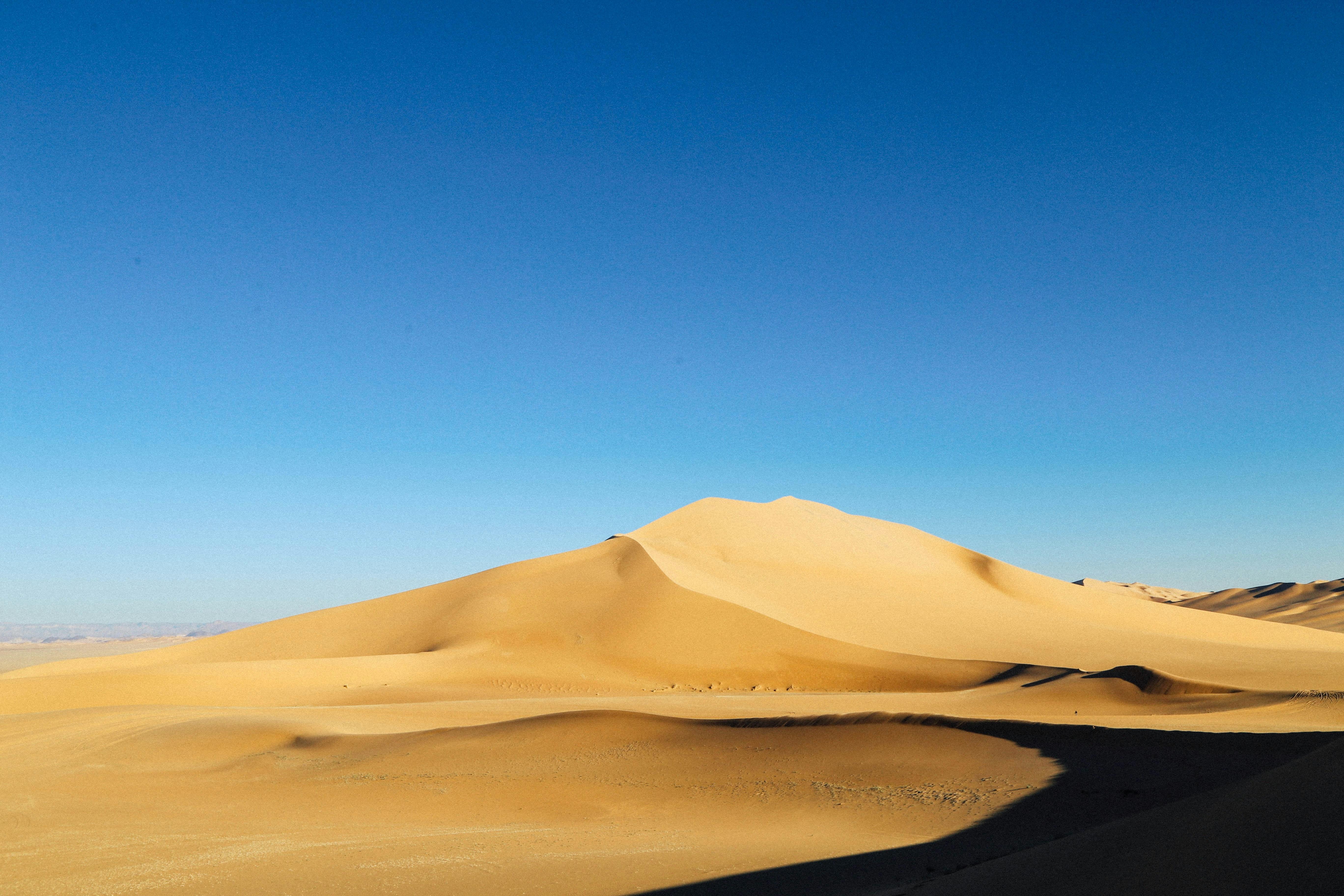Frank Herbert’s seminal science fiction novel “Dune” is often celebrated for its intricate narrative and complex characters, but its profound exploration of power dynamics and ecological themes is equally deserving of attention. Set on the desert planet of Arrakis, “Dune” delves into the intricate interplay between political ambition and environmental stewardship, offering a nuanced commentary on the interdependence of human societies and their ecosystems. Through its richly woven plot, Herbert examines how the pursuit of power can shape, and often destabilize, ecological balances, while also reflecting on the potential for ecological awareness to influence socio-political structures. This article seeks to analyze the multifaceted ways in which “Dune” addresses these themes, offering insights into the novel’s enduring relevance in contemporary discussions about environmental responsibility and the ethical dimensions of power.
The Interplay of Politics and Environment in Dune
In Frank Herbert’s “Dune,” the intricate relationship between politics and the environment is portrayed with remarkable depth and complexity. The desert planet of Arrakis serves as a microcosm where political power is inextricably linked to ecological control. The precious resource, spice melange, is not only the economic lifeblood of the universe but also a catalyst for political maneuvering. Herbert illustrates how ecological constraints can shape political agendas, emphasizing that those who understand and harness the environment wield the ultimate power.
- Resource Scarcity: The scarcity of water on Arrakis mirrors real-world environmental issues, highlighting how limited resources can lead to conflict and strategic alliances.
- Environmental Manipulation: The manipulation of Arrakis’ ecology by various factions reflects the potential for environmental engineering to serve political ends.
- Ecological Wisdom: The Fremen’s deep understanding of their harsh environment underscores the importance of ecological knowledge in achieving sustainable power.
Herbert’s narrative suggests that environmental stewardship and political strategy are two sides of the same coin. The interplay of these elements in “Dune” provides a compelling commentary on how ecological and political systems are intertwined, offering insights that resonate with contemporary global challenges.

The Role of Arrakis in Shaping Political Dynamics
In Frank Herbert’s “Dune,” the desert planet of Arrakis is not merely a backdrop for the unfolding drama but a pivotal character that influences the political landscape of the universe. Arrakis is the sole source of the spice melange, a substance that grants extended life, enhanced mental abilities, and is essential for space travel. This unique ecological feature places Arrakis at the center of interstellar politics, where control over the planet equates to control over the universe itself.
- Economic Leverage: The scarcity and indispensability of spice give whoever controls Arrakis immense economic power. This drives the political machinations of major houses, such as House Atreides and House Harkonnen, who vie for dominion over the planet.
- Ecological Dependency: The harsh desert environment of Arrakis demands adaptation and respect from its inhabitants, especially the native Fremen. Their symbiotic relationship with the planet’s ecology offers a model of sustainable living that contrasts sharply with the exploitative tendencies of the imperial powers.
- Cultural Significance: Arrakis also serves as a melting pot of cultural interactions, with its unique customs and religious beliefs influencing broader political and social dynamics across the galaxy.
Thus, Arrakis is more than just a setting; it is a catalyst for change, challenging existing power structures and reshaping the political dynamics of Herbert’s universe. Through the lens of ecology, “Dune” offers a profound commentary on the interconnectedness of environment and governance, highlighting the potential for both harmony and conflict.

Analyzing the Influence of the Spice Melange on Power Structures
In Frank Herbert’s Dune, the spice melange is more than just a coveted substance; it is the linchpin of power dynamics across the universe. This spice, found exclusively on the desert planet of Arrakis, is vital for space travel, granting navigators the ability to fold space and time. As a result, those who control the spice control the economic and political pulse of the galaxy. The following aspects underscore the spice’s profound impact on power structures:
- Monopoly and Control: The House that holds Arrakis wields immense influence, as the spice is indispensable to the Spacing Guild, the Bene Gesserit, and the Imperium itself. This monopoly creates a precarious balance of power, often leading to strategic alliances and betrayals.
- Dependency and Influence: The addiction to spice, both physical and economic, binds various factions to the fate of Arrakis. This dependency ensures that political decisions are heavily influenced by the availability and distribution of spice.
- Ecological Power: The ecology of Arrakis is intricately tied to the production of spice, with the sandworms playing a crucial role. This intertwines environmental stewardship with political power, as controlling the desert ecosystem becomes synonymous with maintaining spice production.
Through these layers, Herbert deftly illustrates how resource control can shape not only political landscapes but also societal hierarchies and interstellar relations. The spice melange becomes a metaphor for real-world resource struggles, reflecting how ecological elements are inextricably linked with the exercise of power.

Ecological Themes and Their Relevance to Modern Environmental Issues
Frank Herbert’s Dune serves as a profound exploration of ecological themes that are increasingly relevant to today’s environmental challenges. Through the intricate world-building of the desert planet Arrakis, Herbert delves into the delicate balance between natural resources and power. The central resource, the spice melange, is a metaphor for Earth’s dwindling natural resources, highlighting the exploitation and political control associated with valuable ecological assets. This fictional depiction resonates with modern issues such as the global energy crisis and the struggles over water rights, urging readers to reflect on the sustainability of our planet’s resources.
- Interconnectedness of ecosystems: Herbert’s portrayal of Arrakis emphasizes how each organism plays a crucial role in the planet’s survival, mirroring real-world ecosystems.
- Resource dependency: The dependence on spice in Dune parallels our reliance on fossil fuels, prompting a discussion on alternative energy sources.
- Environmental stewardship: The Fremen’s efforts to terraform Arrakis underscore the potential for human intervention to both harm and heal environments, a pressing issue in the face of climate change.
By weaving these ecological narratives, Dune invites readers to critically assess the impact of human actions on the environment, offering a timeless commentary that continues to inspire environmental discourse today.
The Way Forward
Frank Herbert’s “Dune” serves as a profound exploration of power and ecology, intertwining these themes to reveal the intricate dynamics that govern both human societies and their environments. By examining the desert planet of Arrakis, Herbert presents a microcosm of ecological fragility and resilience, underscoring the delicate balance required to sustain life in harsh conditions. The narrative illustrates how the quest for power, whether political, economic, or ecological, often leads to exploitation and conflict, yet also offers a pathway for profound transformation and adaptation. Through the lens of “Dune,” readers are invited to reflect on the real-world implications of these themes, considering the responsibilities and consequences that accompany the exercise of power over nature. As we navigate our own ecological challenges, Herbert’s work remains a timeless reminder of the interconnectedness of all systems, urging a more thoughtful and sustainable approach to our relationship with the natural world.
